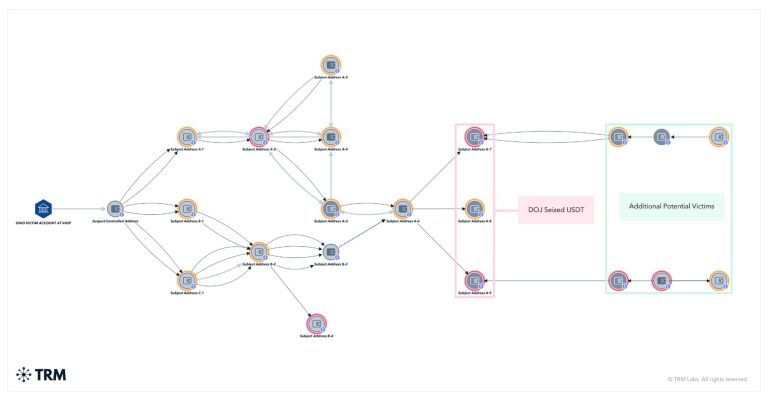Apple has released critical security updates for legacy iPhone and iPad models, addressing three high-severity vulnerabilities that...
A storm is brewing around the Israeli cybersecurity firm Check Point, as a hacker operating under the...
A major corruption scheme has come to light within the intelligence division of Iran’s Islamic Revolutionary Guard...
Security experts at Sucuri have uncovered a novel attack method in which cybercriminals exploit a special WordPress...
Microsoft has announced the discovery of 20 new vulnerabilities within the GRUB2, U-Boot, and Barebox bootloaders. The...
Chinese cybercriminals are aggressively promoting Lucid, a phishing-as-a-service platform tailored for large-scale attacks on mobile device users....
The cryptocurrency exchange Coinbase has once again found itself in the spotlight after a sophisticated phishing campaign...
Apple has unexpectedly released the iOS 18.4 update ahead of schedule, declaring that the system is now...
The PJobRAT malware, previously known for targeting military personnel in India, has resurfaced—this time setting its sights...
Mobile threats continue to evolve, and a formidable new banking trojan named TsarBot has emerged, targeting Android...
Cybercriminals are increasingly leveraging artificial intelligence (AI) to craft remarkably accurate voice replicas of renowned basketball players,...
Researchers from Qatar and the United Arab Emirates have unveiled DeBackdoor — a versatile tool designed to...
The U.S. Cybersecurity and Infrastructure Security Agency (CISA) has published new technical insights into a sophisticated piece...
Three distinct techniques for bypassing user namespace restrictions have been discovered in Ubuntu Linux, enabling local attackers...
The Federal Bureau of Investigation and the U.S. Department of Justice have successfully seized more than $8...



























